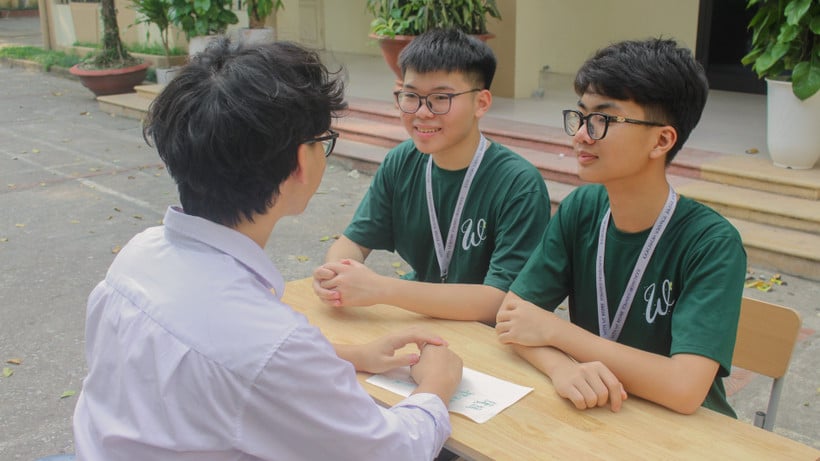
With the aim of unifying and synchronizing regulations, removing difficulties, and improving the effectiveness of school counseling and social work in educational institutions, ensuring to meet practical requirements and legitimate aspirations of students, parents, teachers and the whole society, the Ministry of Education and Training issued Circular No. 18/2025/TT-BGDDT providing guidance on school counseling and social work in schools.
In the Circular, the content of school counseling and social work in schools is specifically regulated, including many important areas, closely linked to the practical needs of learners: Counseling and support on learning issues (determining goals, building study plans; time management, choosing learning methods, etc.); on gender, social relationships (age psychology, gender, gender equality, reproductive health; friendship, love, marriage, family relationships, etc.); on psychology (prevention, screening, early detection; counseling, psychological consultation for learners with psychological difficulties); on life skills (cognitive skills, mastery, self-protection; skills to master emotional intelligence; interaction skills, social integration, etc.); on career guidance, employment, entrepreneurship; on policies, laws; on social work services for learners.
In terms of form, according to the guidance of the Ministry of Education and Training, school counseling and social work in schools are carried out directly or online.
According to Hoang Duc Minh, Head of the Department of Students, Ministry of Education and Training, the purpose of school counseling and social work is to improve learners' capacity in preventing, identifying difficulties, seeking appropriate assistance and solving problems related to learning, psychology and social relationships; at the same time, helping to practice life skills, strengthen will and courage, improve physical and mental health; form appropriate attitudes in social relationships, contributing to perfecting students' personalities.
Educational institutions are responsible for establishing a system for receiving and exchanging information; coordinating with families, society, and relevant agencies to promptly receive information about situations and risks of learning difficulties, psychology, social relationships, or other difficulties of learners.
In addition, educational institutions can also organize communication activities and prevention programs; provide information on policies and laws; provide guidance on the use of school counseling and social work services; and organize activities to support the development of learners.
Source: https://nhandan.vn/da-dang-noi-dung-va-hinh-thuc-tu-van-tam-ly-hoc-duong-post910201.html





![[Photo] Hanoi morning of October 1: Prolonged flooding, people wade to work](https://vphoto.vietnam.vn/thumb/1200x675/vietnam/resource/IMAGE/2025/10/1/189be28938e3493fa26b2938efa2059e)


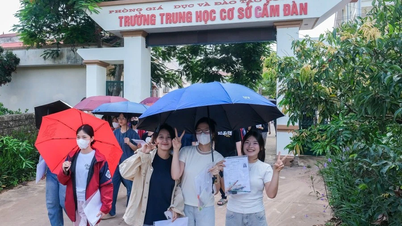


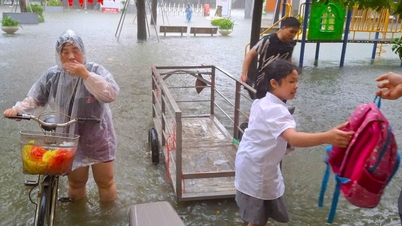

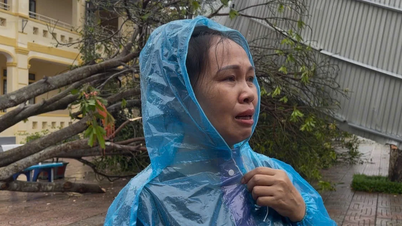








![[Photo] Hanoi morning of October 1: Prolonged flooding, people wade to work](https://vphoto.vietnam.vn/thumb/402x226/vietnam/resource/IMAGE/2025/10/1/189be28938e3493fa26b2938efa2059e)

![[Video] Warning of high-tech criminals appropriating assets from cyber security incidents at CIC](https://vphoto.vietnam.vn/thumb/402x226/vietnam/resource/IMAGE/2025/10/1/9e967e621dc240bfbb70e926d503a177)


![[Photo] Panorama of the cable-stayed bridge, the final bottleneck of the Ben Luc-Long Thanh expressway](https://vphoto.vietnam.vn/thumb/1200x675/vietnam/resource/IMAGE/2025/9/30/391fdf21025541d6b2f092e49a17243f)
![[Photo] The 1st Congress of Phu Tho Provincial Party Committee, term 2025-2030](https://vphoto.vietnam.vn/thumb/1200x675/vietnam/resource/IMAGE/2025/9/30/1507da06216649bba8a1ce6251816820)
![[Photo] President Luong Cuong receives President of the Cuban National Assembly Esteban Lazo Hernandez](https://vphoto.vietnam.vn/thumb/1200x675/vietnam/resource/IMAGE/2025/9/30/4d38932911c24f6ea1936252bd5427fa)





















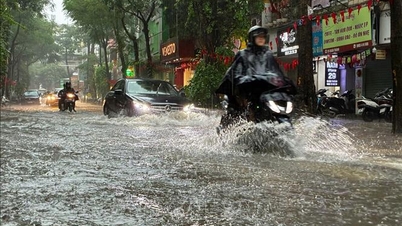

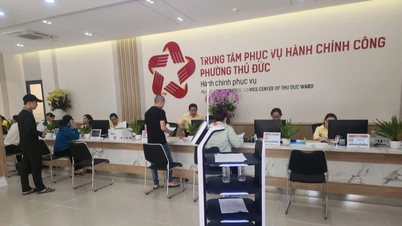








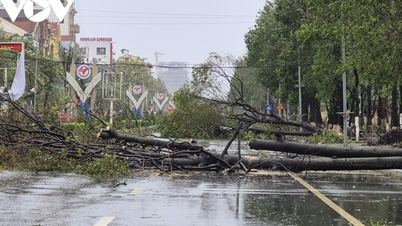



























Comment (0)